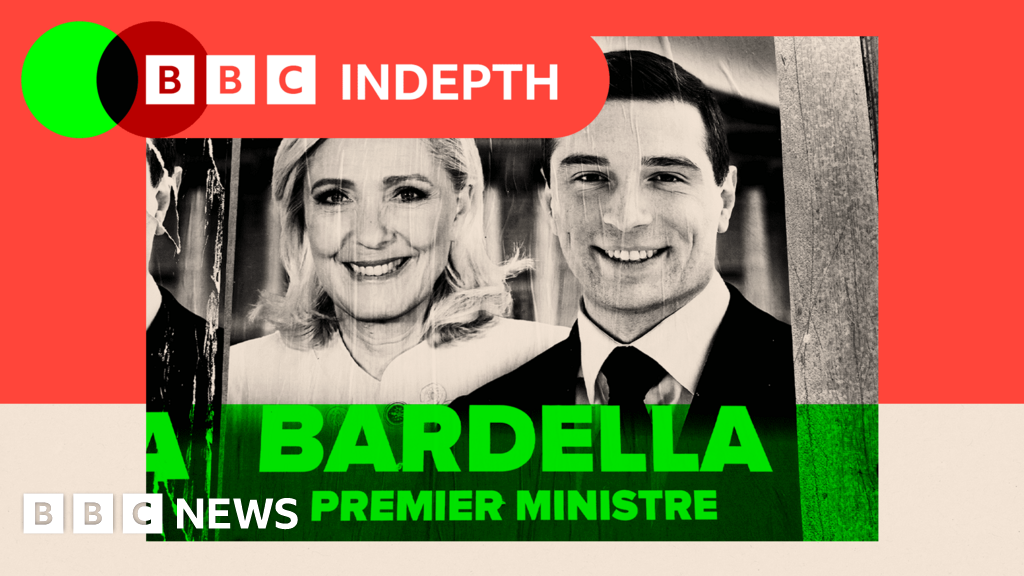France is currently holding its parliamentary run-off elections on July 7, 2024. The far-right National Rally (RN) party, led by Marine Le Pen, is projected to win the most votes but may not secure a majority. Voting began at 8am GMT and closes between 6pm GMT in rural areas and 8pm GMT in big cities. About 30,000 police were deployed across the country for security. The snap elections were called by centrist President Emmanuel Macron after his political alliance was trounced in June's European Parliament elections.
The first-round results saw the National Rally come out on top with over 9.3 million votes, more than double their previous performance in 2022. This surge in support has raised concerns about the potential for a far-right government and its implications for Europe as a whole.
In overseas territories and among French citizens living abroad, voting began on July 6, 2024. The second round of elections will determine which parties will form the next French government. If the National Rally wins an outright majority, it could lead to significant policy changes in areas such as immigration, law and order, and foreign relations.
The far-right's rise to power is not a new phenomenon in Europe. Former Dutch prime minister Mark Rutte and Emmanuel Macron himself have experienced the heat of Marine Le Pen's popularity. Other European countries have also seen similar trends with figures like Silvio Berlusconi in Italy, the Movimento Sociale Italiano (MSI), Austria's conservatives, Finland's Perussuomalaiset party, and even Donald Trump in the United States and Germany's controversial anti-migration AfD party.
The European Union has expressed concern over the potential for a far-right government in France. The EU Commission President Ursula von der Leyen stated that 'the EU will continue to engage with all democratic forces in France, regardless of their political affiliation.'
As the world waits for the outcome of these elections, it is important to remember that facts and evidence should guide our understanding of this complex situation. It is crucial not to jump to conclusions or be swayed by fear-mongering or biased reporting. The importance of a factual and unbiased approach cannot be overstated in times like these.



